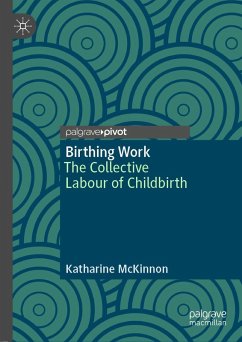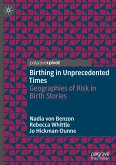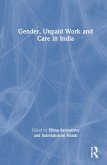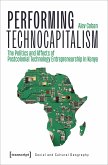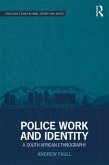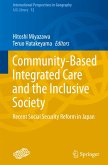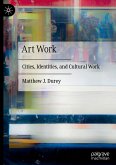This book traces the assemblage that comes into being in the spaces and experiences of childbirth. Charting the contributions of the multiple human and non-human actors that contribute to the birth experience, it offers a new perspective on childbirth that cuts across the often emotional debates about natural versus medicalised birth. Drawing on ethnographic interviews with mothers, midwives and obstetricians, it provides an insight into the collective endeavours that shape birth. In doing so, it also explores who does the work of childbirth, expanding the boundaries for who (and what) is responsible for this collective labour and highlighting the interdependencies that characterise it. Structured around eight chapters that each focus on a different actor in the birth space, the volume argues that pregnancy and childbearing brings us into new relationships: with ourselves, with the child to be born, our partners and families, those who care for us, and with more-than-human others.

